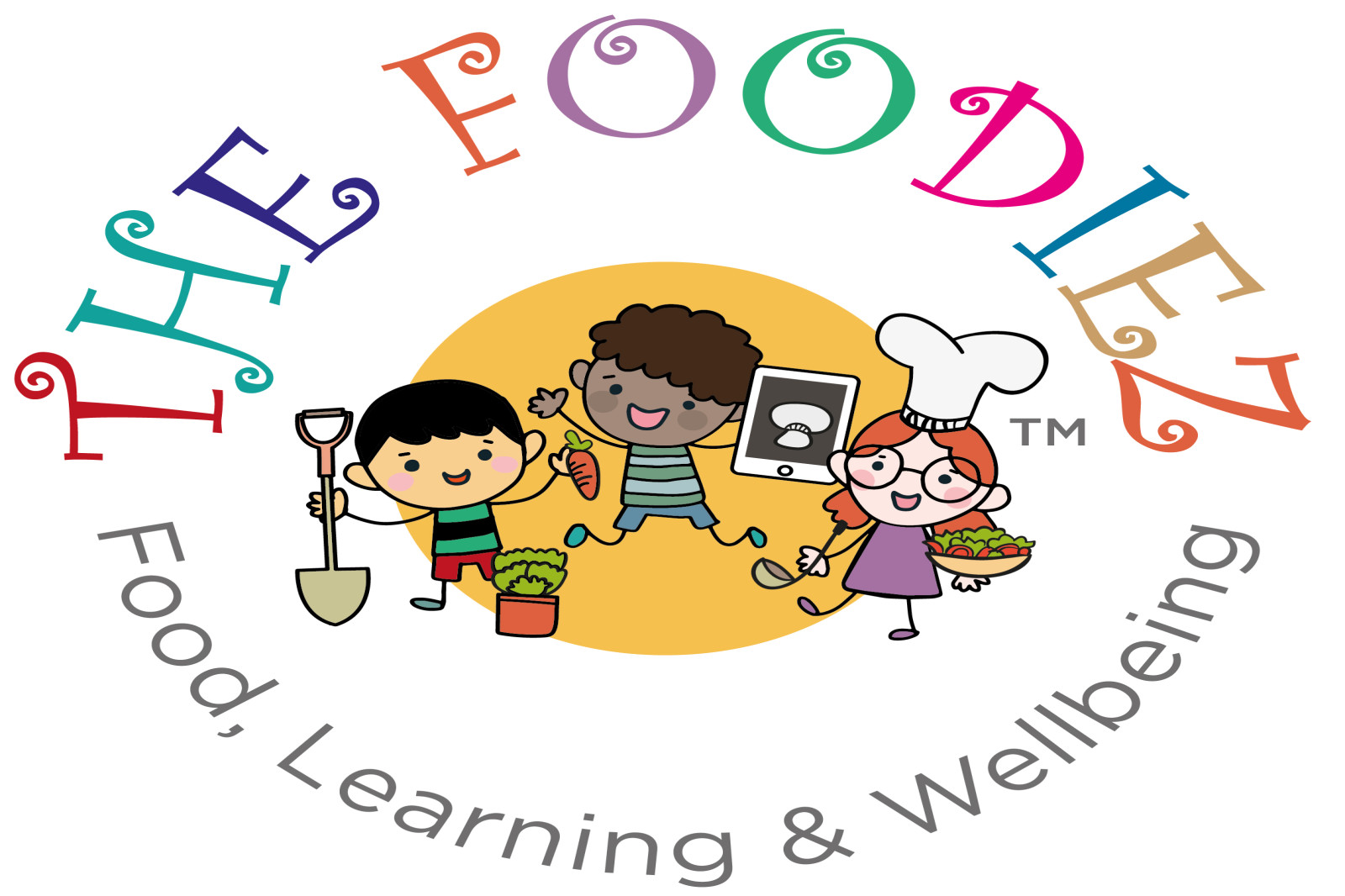Arbitrating Truth: Tackling Misinformation and Disinformation Online

At today's Westminster Media Forum, Tackling misinformation and disinformation online - policy options, public awareness, and developing countermeasures, 7th May 2019, Sarah Connolly, Director, Security and Online Harms, DCMS commented that, "The era of self-regulation is over in this space." On 8th April, DCMS published the Online Harms White Paper (currently open for consultation), which sets out the government's plans for how they will keep people safe online.
The white paper sets out a number of recommendations, such as the introduction of a regulator who will enforce a code of practice. The DCMS is committed to creating something that wouldn't require ongoing updating and would have the flexibility to deal with new harms as they are identified and advancements in technology.
"The era of self-regulation is over in this space."
Sarah Connolly, Director, Security and Online Harms, DCMS
Misinformation occurs when false information is shared unintentionally or by mistake. Disinformation involves spreading false information to deliberately deceive audiences. The prevalence of disinformation online, and the inability of platforms to successfully self-regulate, has resulted in the government taking steps to introduce legislation to tackle it.
Sarah Connolly highlighted the government objective to use the "whole society" approach by seeking to deter the disrupters, address vulnerability, and empower audiences. Empowering audiences through education can help both adults and children stay safe online. Angie Pitt, Project Director, Guardian Foundation and Director, Newswise, has been visiting primary schools throughout the UK teaching media literacy to children. She describes the aim of the project as, "Working to create an engaged and empowered news consuming community that will ask questions about the news that they are being presented with."
This service is currently free, making it accessible to schools operating in the most deprived areas. Angie Pitt highlighted the digital poverty in schools and called for investment to these schools. Teaching digital literacy involves supporting children to develop critical literacy skills. It supports children to understand what news is for and how it works in a community, how to identify bias in an opinion and, where bias exists, promotes understanding of why you need to read broadly to hear more points of view.
As digital literacy initiatives in schools continue to grow, there are key considerations that need to be addressed, as highlighted by Angie Pitt:
- Who will devise media literacy programmes?
- How will we know programmes are trustworthy and fit for purpose?
- In a crowded curriculum, how will we ensure that there is space for it?
- How will we ensure that the resources are of the highest quality and not brainwashing people?
NewsGuard is a plugin that works with browsers to provider readers with more information about the news they are reading online. It works by displaying a NewsGuard icon next to news links on search engines and social media feeds. It operates a colour-coded rating system for websites:
GREEN websites that follow basic standards of accuracy and accountability
RED websites that do not follow basic standards of accuracy and accountability
GREY refers to platforms
ORANGE indicates satire sites
For a brief description of each site and why it has been awarded the rating displayed, a reader can hover their mouse over the NewsGuard icon. For more detailed information about a website, readers can click on the NewsGuard Nutrition Label, which describes the websites background, ownership, and performance in relation to transparency and credibility. Anna-Sophie Harling, Managing Director, Europe, NewsGuard, stated that the Nutrition Labels give readers the ability to identify quality journalism themselves. NewsGuard are working with libraries in the UK to ensure that their digital literacy initiative can reach people of all ages.
Nic Newman, Senior Research Associate, Reuters Institute for the Study of Journalism, revealed that evidence shows that audiences are becoming more discerning about the information that they trust and share online. He noted that the focus is shifting to how news gets spread and more thought is being given to how and when information is amplified, which he illustrated using the Amplification Trumpet by Claire Wardle at First Draft.
Disinformation begins its journey into the mainstream on the anonymous web on sites like 4Chan and Discord, travelling through closed or semi-closed networks (WhatsApp or Facebook Groups), on through conspiracy communities, before being disseminated more widely and publicly on social media, and then being picked up by the professional media.
Nic Newman commented that there is some evidence to show that things are changing. Audiences are relying more on reputable sources and are less likely to share content from sources with a lower reputation for accuracy. Publishers are responding by switching business models away from the "click and forget" culture of clickbait towards membership and subscription models with a view to building relationships. Platforms are also becoming more conservative about which brands they show, excluding or down-ranking more extreme sources and content. This is, he says, a positive sign of change within the ecosystem.
Post Contributor:
Caitriona Fitzsimons Digital Reporter




Comments
To post your comment, you need to log-in first. Click here to Log-in.
No Comments yet. Be the first to add a comment. :)